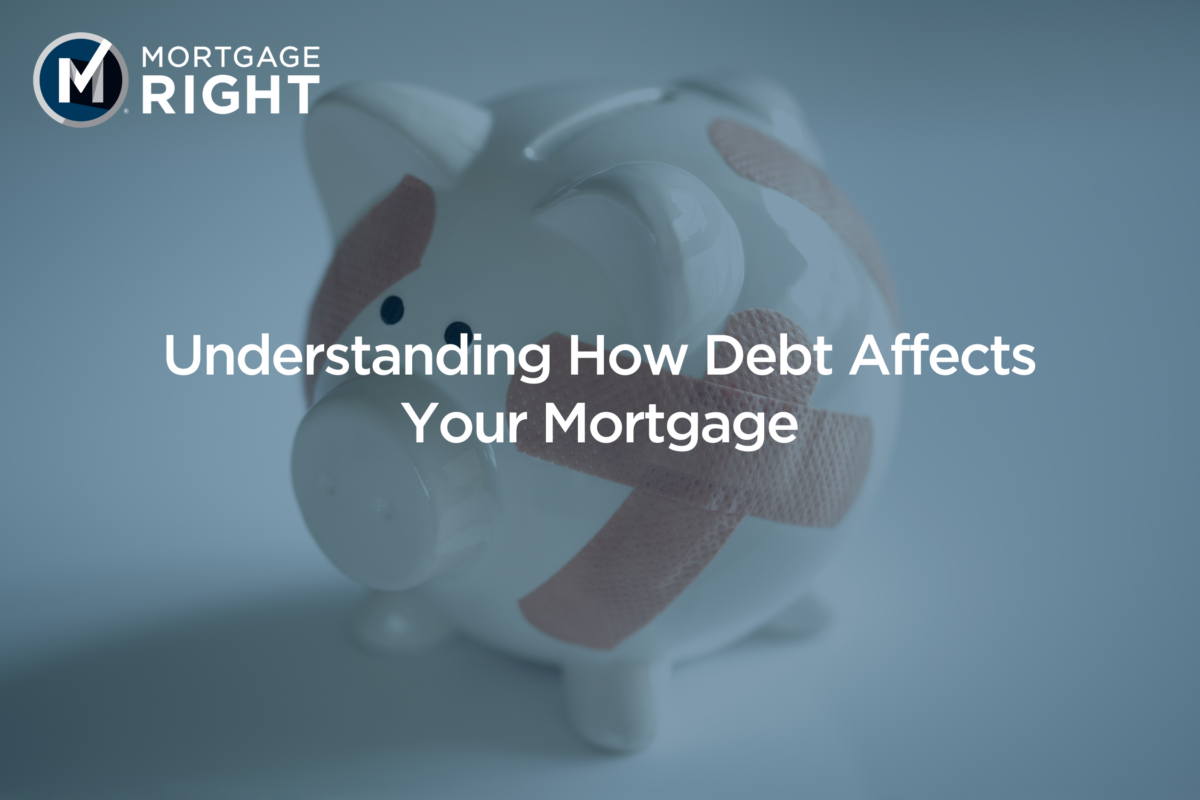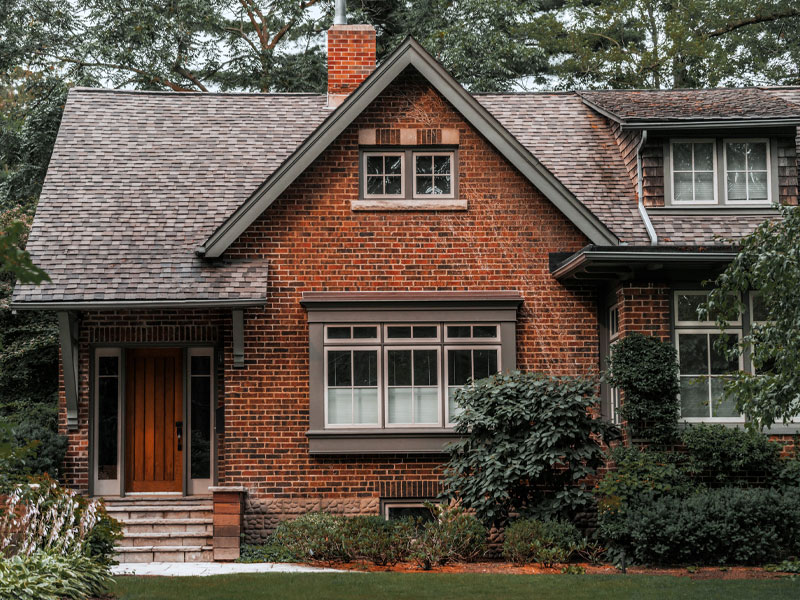
When determining a target price range for purchasing a home, it’s important to consider your existing debt, as this will affect what kind of mortgage you will qualify for. Your debt to income ratio, or DTI, is one of the most important metrics after your credit score. In this post, we cover everything that a homebuyer needs to know about their DTI and the effect that this will have on the mortgage process.
What is DTI?
The primary tool mortgage lenders use when considering your application is your DTI, or debt to income ratio. In simple terms, this is the percentage of your income that you must set aside each month toward paying off your debts. This number can be as important as your base income and your credit score when determining your eligibility for a loan.
Calculating your DTI
To calculate your DTI, lenders will divide your monthly debt obligations by your gross income. This seems simple enough, but this equation fails to take into account taxes, food, utilities, health insurance, transportation costs, or childcare. You will want the lowest DTI possible, not just to ensure a good mortgage rate, but also to be able to still live comfortably while paying off your debts.
Front-end vs. Back-end DTI
There are two kinds of DTI: front-end DTI and back-end DTI. Front-end DTIs only include housing costs like future mortgage payments, insurance, property tax, and homeowner costs compared with your gross income. Back-end DTIs include all your other debts like credit card debt, student loan debt, and car loans compared with your gross income. Most mortgage lenders will take both DTIs into account when considering your application.
What is the best debt-to-income ratio?
In order to get approved for a conventional mortgage, your back-end DTI should be less than 43%, however, with excellent credit, you may be eligible for up to 50%. If your ratio is higher than this, you could pay more interest or be denied for a loan.
Even if your back-end DTI is lower than 43%, only you can determine the debt to income ratio that makes sense for your situation. Just because you can be approved for a loan at a good rate doesn’t mean it’s a great idea. Some mortgage lenders do not have your best interest in mind. They just want to make the largest loan possible. Don’t be fooled! Make sure you do the math before you overcommit yourself to monthly mortgage payments. You know your household budget better than anyone.
At the end of the day, we recommend paying extra on your debts and avoiding large purchases on credit to lower your DTI before you apply for a mortgage. This helps the mortgage process go smoothly so that you can have both your dream home and financial peace of mind.
If you have questions about your financial situation or the mortgage process, feel free to reach out to any of our mortgage professionals at (205) 776-8401.














